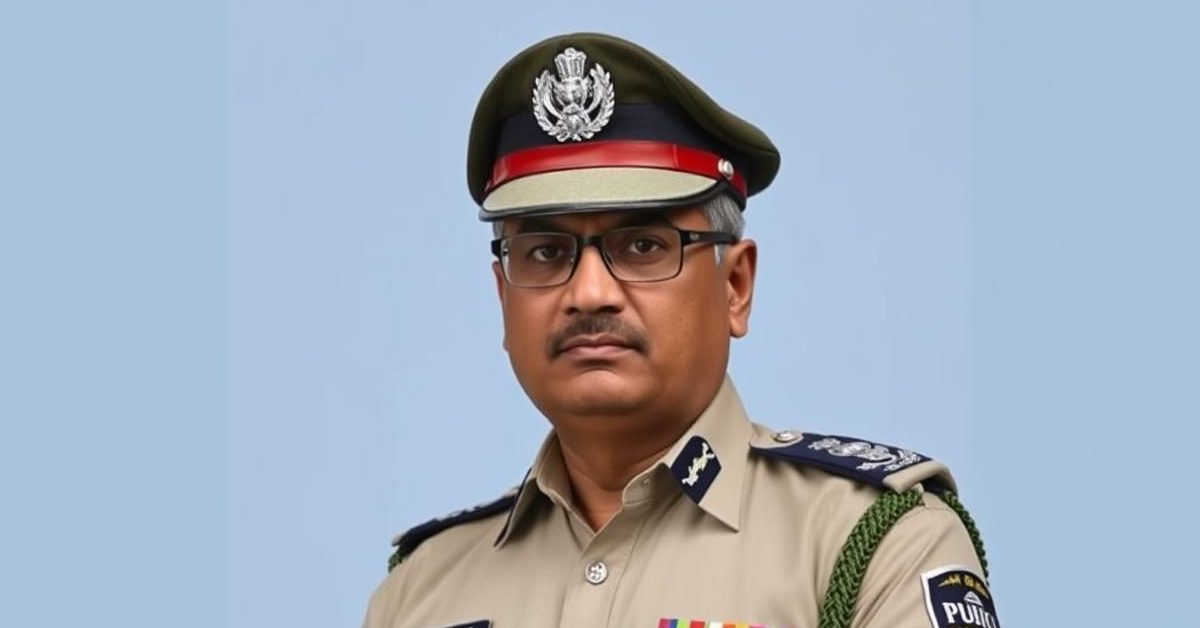Former Uttarakhand DGP Ashok Kumar offers his expert insights on the evolving landscape of the UPSC Civil Services Examination, proposing key reforms and sharing valuable advice for aspirants aiming for India’s most coveted government jobs.
Why Civil Services Remain Highly Sought After
The Civil Services Examination holds immense appeal for Indian youth, especially those from rural backgrounds. It offers a unique blend of status, authority, and the profound opportunity to impact lives.
For many, particularly those from modest socio-economic settings, clearing the exam means a significant transformation in both career and social standing. The prestige, job security, and lifelong benefits are unmatched, providing a stable path with continuous growth and the chance to influence public policy.
The Changing Face of UPSC Candidates
Over the years, there’s been a notable shift in the background of successful candidates. While Bihar was once a dominant force, states like Andhra Pradesh, Maharashtra, Uttar Pradesh, Rajasthan, and Haryana now show increasing representation.
Crucially, more aspirants are emerging from rural and modest backgrounds, including a rising number of first-generation learners. This increased diversity is seen as a positive development, contributing to more inclusive governance.
Despite these changes, the exam remains as challenging and unpredictable as it was decades ago. However, competition has intensified dramatically, with applicant numbers surging fivefold while the number of available positions has largely stayed the same.
Recommended Reforms for the UPSC Exam
Ashok Kumar acknowledges the current UPSC exam as one of the world’s most rigorous and comprehensive selection processes. He notes that the present structure, with common General Studies papers and a single optional subject, offers more uniformity and fairness compared to older formats.
However, he pinpoints several areas where the exam could be improved to better serve both aspirants and the nation.
Key Areas for Improvement:
- The Preliminary exam’s marks should be released after the Mains, providing candidates with crucial clarity. The current delay of almost a year for the official answer key is problematic.
- The time gap between the Prelims and Mains is currently too short, leaving insufficient time for comprehensive preparation. A longer window, similar to the five months provided previously, would be beneficial.
- The Ethics paper in the Mains carries significant weight, but high scores don’t always reflect real-world ethical conduct. Its weightage should be reduced to 100 marks, with greater emphasis on practical ethical evaluation during training.
- The Preliminary examination has become overly unpredictable. A standardized difficulty level (one-third easy, one-third moderate, one-third challenging) is suggested to fairly distinguish candidates and encourage conceptual understanding over rote memorization.
- Personality assessment during the interview should carry more weight, specifically focusing on attributes like inclination toward public service, empathy, and other vital life skills for effective administration.
Rethinking the CSAT Paper
The introduction of the Civil Services Aptitude Test (CSAT) in 2013 was a step in the right direction, designed to assess logical reasoning and analytical abilities essential for civil servants. However, its difficulty level has become a major concern.
Kumar points out that the 2023 CSAT paper, for instance, was comparable to IIT entrance exam standards. He strongly believes that while CSAT should continue, its difficulty must not exceed the Class 10 level. The goal of this qualifying paper should be to ensure basic cognitive reasoning skills, not to create an excessive barrier for capable candidates from non-science backgrounds.
Words of Wisdom for Aspirants
For the millions of young Indians who aspire to join the Civil Services, Ashok Kumar emphasizes that it is undeniably one of the country’s toughest exams. Yet, it remains one of the most rewarding, offering a unique chance to serve the people and influence national policy.
Success, he advises, demands both hard work and smart strategy. There are no shortcuts. Aspirants must embrace a disciplined approach, focusing on key principles to navigate this challenging journey.
- Be strategic about study resources; limit them to the best quality to avoid information overload.
- Maintain consistency, aiming for 10 to 12 hours of focused study daily, especially over a two-year preparation cycle.
- Seek out and effectively utilize guidance and mentorship to refine your thought process.
- When answering questions in the Mains exam and during interviews, be clear, precise, and always to the point.
- Most importantly, cultivate patience, persistence, and unwavering self-belief throughout the entire process.
The Civil Services offer a profound opportunity to bring about real change in society, making the demanding preparation a truly worthwhile endeavor for the nation’s youth.















